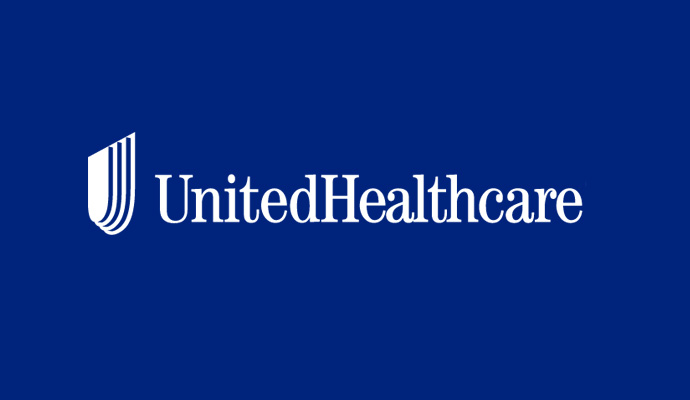Various factors are driving the mental healthcare crisis in America, not least of which is the rising demand for services and the concurrent dwindling supply of mental health professionals. As a result, Americans with pressing mental healthcare needs who are seeking help face long wait times....
[HealthPayerIntelligence]

UnitedHealth Group lost $1.4B in Q1 2024 following cyberattack
[HealthITAnalytics]

Artificial intelligence tools improve skin cancer diagnostic accuracy
[PatientEngagementHIT]

Racial health disparities in premature death pervasive in all US states
[HealthITSecurity]

Hearing on Change Healthcare cyberattack yields more questions for UHG
Do Not Sell or Share My Personal Information
©2012-2024 TechTarget, Inc. Xtelligent Healthcare Media is a division of TechTarget. All rights reserved. HealthITAnalytics.com is published by Xtelligent Healthcare Media a division of TechTarget.